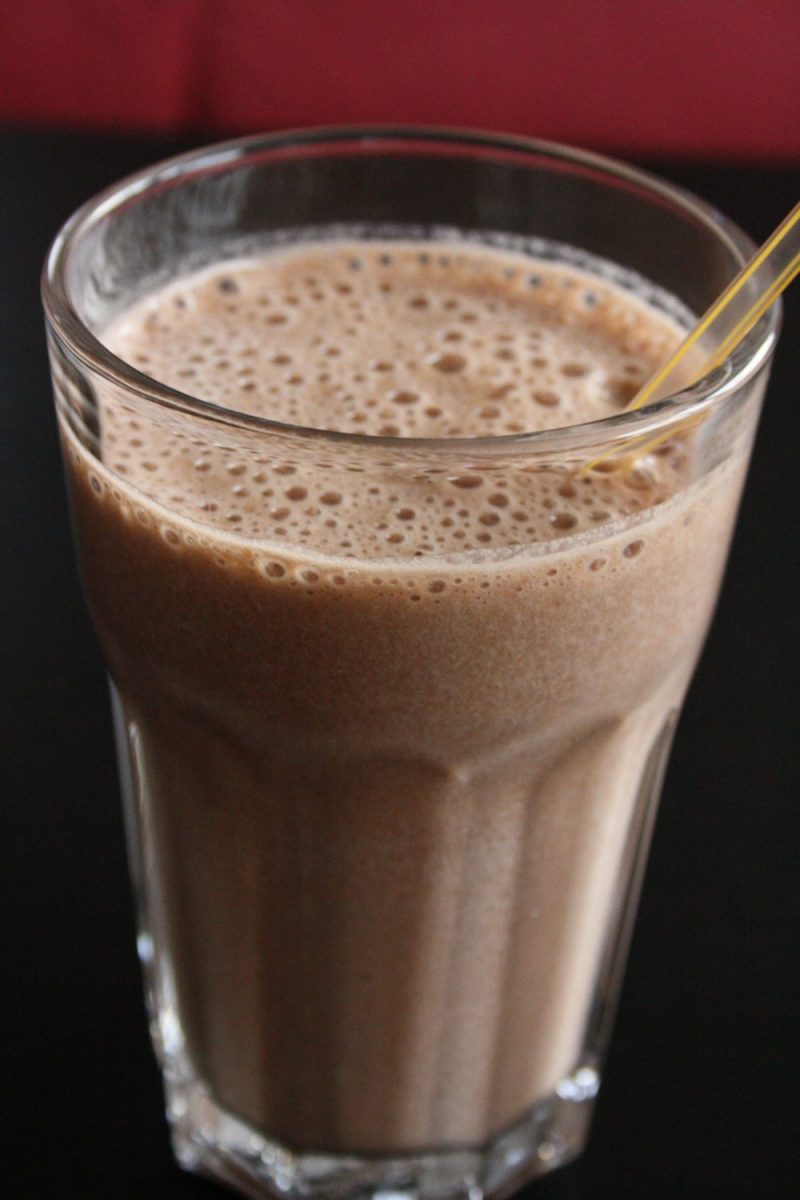Bachelorette Chow and the Contested Nature of Nutritional Knowledge

Bachelorette Chow is one of several recipes posted by users of the platform “Complete Foods,” formerly known as DIY Soylent. Like many other websites dedicated to sharing homemade variations of commercially available nutritional substitute products like Soylent, it began with attempts to imitate as closely as possible the composition of Soylent. But meanwhile, the platform offers a variety of recipes which often aim to provide additional taste value, or claim to be targeted towards a particular purpose or target group–in the case of Bachelorette Chow, that group is obviously women. Few recipes on the platform are specifically targeted towards women. In fact, Bachelorette Chow presents an alternative to “Bachelor Chow,” a recipe which contains similar ingredients but in different quantities,…



